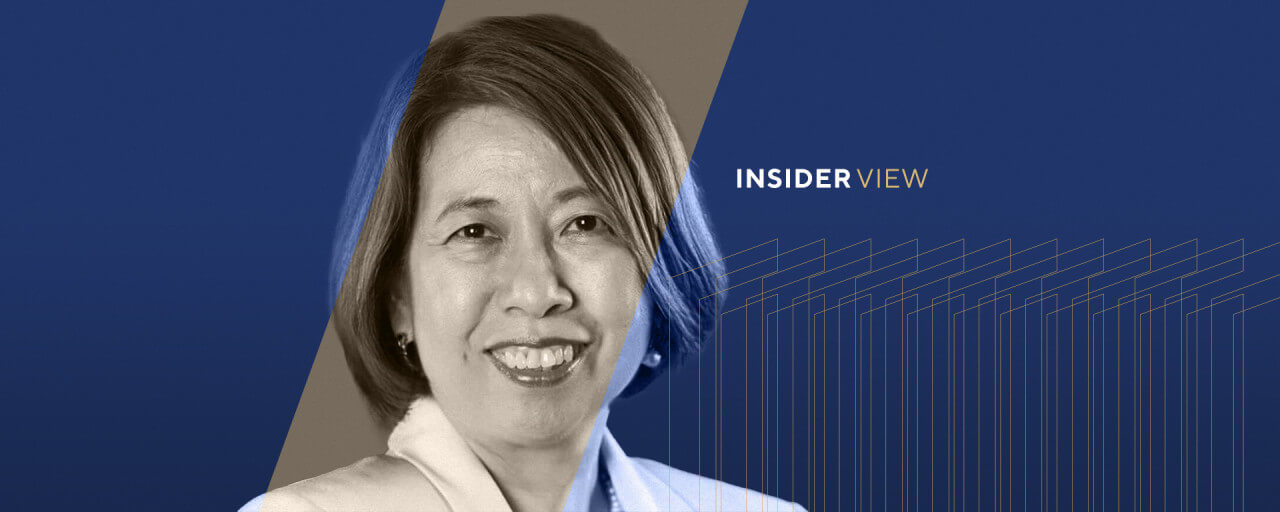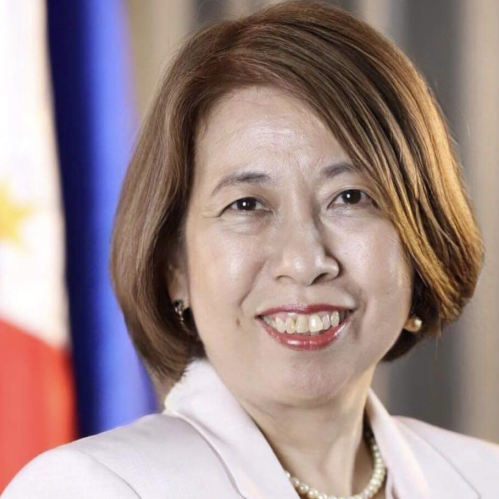

The Queen’s visit reminded me of how we at the DOF began our own journey towards financial inclusion, or microfinance, as we first started calling it in the late ‘90s.
I used not to be good at listening to understand. I was the brat who always interrupted other people during discussions — quite often in-your-face with my counterarguments, voice pitched louder than the others to win the debate.All that began to change when the DOF team began countrywide consultations for the National Strategy for Microfinance.
With difficulty and a lot of resentment, I had to stay quiet and in the background. Without being asked, I began to listen, and much later to listen well to stories of farmers and fisherfolk who have endured decades of government policies emanating from Manila.
Many, if not all, of the policies created directed and subsidized credit windows for the use of these same farmers and fisherfolk.
These old policies had the welfare of these rural folks in mind, but most of the Masagana 99 loans (and its permutations into other commodity lending) ended up unpaid, decimating countless rural banks, and almost some government financial institutions (GFIs) too, in the process.
In one memorable consultation in Davao City, a banker stood up, arguing that the only way to do agricultural credit was through GFIs using subsidized interest rates… as if the GFI he worked for didn't have its balance sheet cleaned of its bad loan portfolio by the national government.
Then a woman raised her hand. She was thin, obviously a woman of the soil. True enough she introduced herself as a farmer from one of the smaller barangays in the mountains. She said that if it were up to her, she would rather that government not give subsidized credit.
Then she quietly said "Aanhin ko po ang murang pautang kung hindi ko naman madala ang ani ng bukid ko sa palengke? Mabubulok lang po yun kung walang kalsadang pwedeng madaanan papunta sa pamilihan.”
(“What will I do with cheap credit if I can’t bring my harvest from the farm to the market? It will merely rot if there are no roads that can be used to reach there market.”)We often doubt the wisdom and the capabilities of the poor. Too often we have used them as fodder for grandstanding and impressive speeches.
What we do not do more often is to listen and to listen well. To listen well even if they are not royalty — and especially because they are not royalty.

Ms. Habitan served as Assistant Secretary of the Department of Finance where she became a career bureaucrat for 44 years immediately after graduating with a degree in Business Economics from the University of the Philippines. She has a masters degree in D